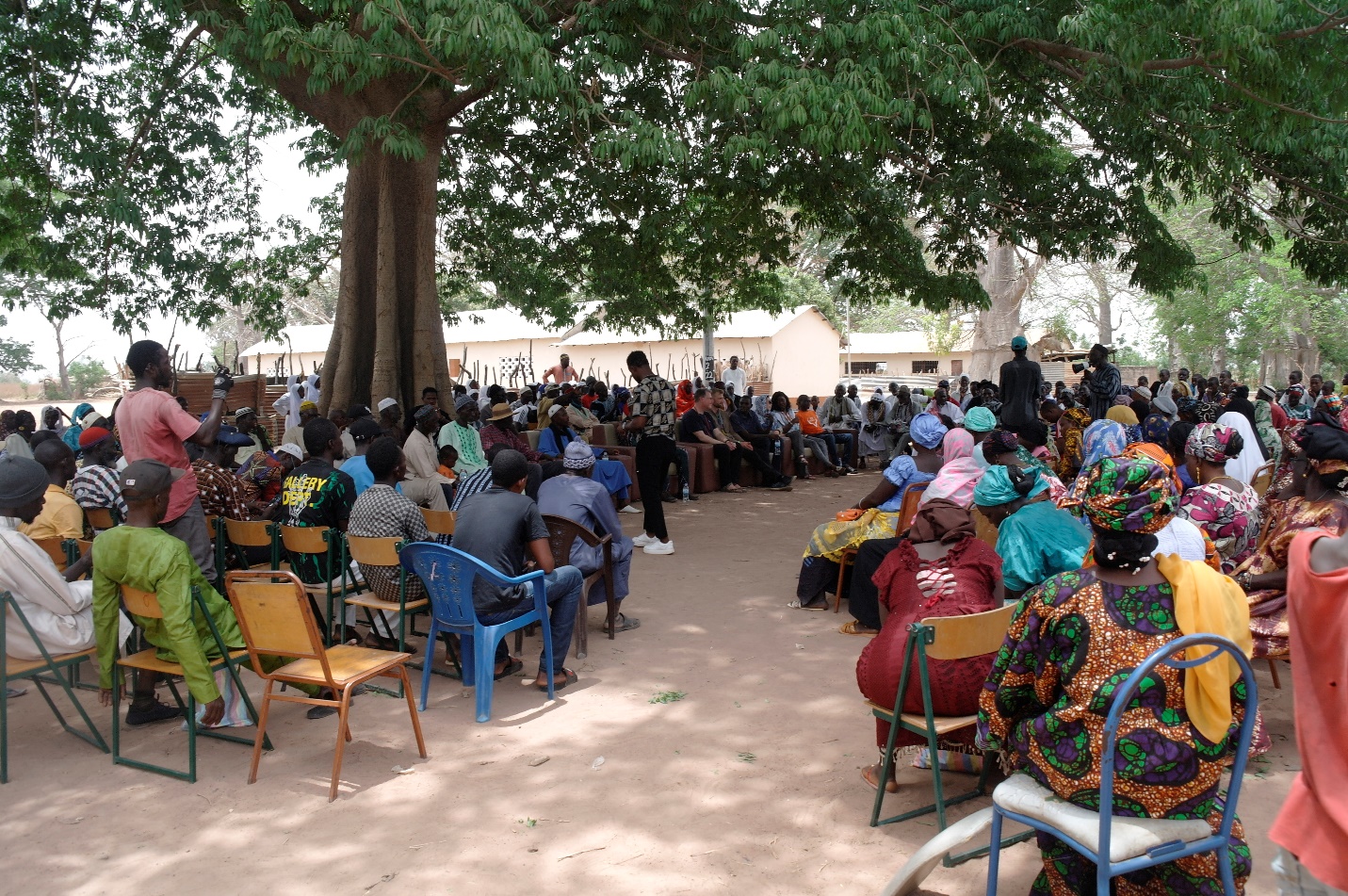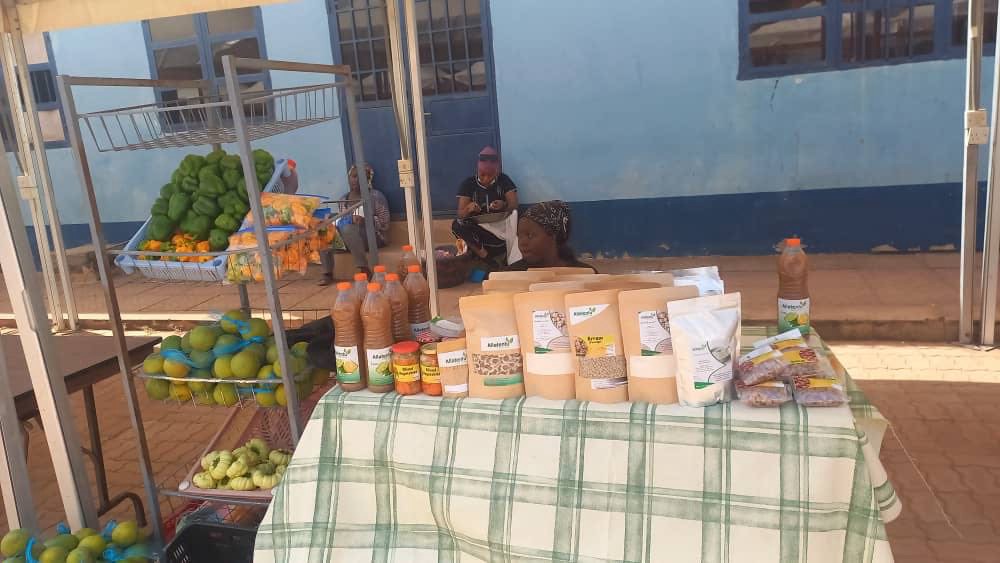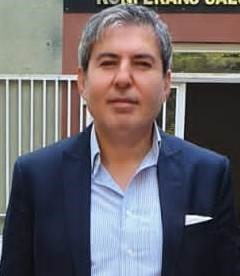By: Yunus .S. Saliu
In an emotionally charged gathering at Katong Kda in the Lower River Region, villagers from the West Coast, Lower River, and Central River Regions passionately defended the Ørsted-sponsored Mangrove REDD+ Project, urging the Gambian government to stay out of the initiative amid rising concerns over financial scrutiny and project suspension.
The visit by officials of Ørsted Nature Based Solutions led by its Vice President Thomas Lyse, the international backers of the carbon-offset project, aimed to evaluate its impact and address the controversy surrounding the government’s involvement. What unfolded, however, was a rare and unified outcry from community members who credit the project with transforming their lives, economies, and dignity.
From the meeting which many of the attendees looked worried, Sarjo Ceesay of Kiang laid on table the project’s profound impact.
“We all know what this project has done for us. From it, we buy rice, pay our children’s school fees, and build our community,” he said. “They gave our children bicycles to reach school. They gave chairs and desks. Our mosque that cost D2 million was built with earnings from this project. If this isn’t development, then what is?” he asked rhetorically.
With visible emotion, Sarjo voiced the community’s heartbreak over news that the project may be suspended due to government interference. “It shook us. We couldn’t sit still. This project is transparent, auditors came and saw everything. Why disturb something that’s working?”
His message was clear: “Please, leave this project alone. It’s clean, honest, and life-saving.”
Binta Darbo’e Ceesay from Keneba echoed the same sentiment. “Before the project, we were suffering, especially in the rainy season. Families sat hungry, unsure of their next meal. Today, we can feed our children and send them to school.”
She recounted how the village completed its mosque with earnings from mangrove planting activities. “We made over D2 million. That mosque was built with our hands and our work. We don’t want the government to take over this project. Because when they do, things stop. This one is different they pay us on time, every time.”
Mariama Sora from Jarra Sankuya did not mince words. “We are standing firm. If the government takes over this project, we lose everything. What we’ve achieved, even in our gardens, we couldn’t have done in a thousand years without this support. We are behind this project today and tomorrow.”
She added, “People won’t believe that the government had no hand in it because the results are that good.”
The REDD+ project, focused on climate mitigation through mangrove restoration, has not only served environmental goals but has become a vital socio-economic lifeline for rural Gambians. From income generation to education, infrastructure, and food security, beneficiaries say the initiative represents a rare model of transparency and grassroots impact.
But the growing scrutiny over its finances, and a potential shift in oversight, has left communities shaken and uncertain.
As the Ørsted team concluded their field visit, one message rang out loud and clear from West Coast Region to Central River Region is “This is not just a project. This is our dignity, our future, and our hope. Let it remain untouched.”
Whether the Gambian government will heed this impassioned appeal remains to be seen, but for the thousands of rural citizens whose lives have been uplifted, the stakes couldn’t be higher.
About the Mangrove REDD+ Mechanism Project

The Conservation and Restoration of the Mangrove Ecosystem in The Gambia through the REDD+ Mechanism Project was initiated by three organizations – Sahel Wetland Concern, West African Bird Study Association (WABSA), and Kombo Foni Forest Association. These groups collaborated to establish the Gambia Mangrove REDD+ Project, to restore around 10,000 hectares of degraded mangroves across three regions.
To implement the project, the NGOs invited the government, specifically the Department of Parks and Wildlife Management (DPWM), to participate as a key partner and to chair the consortium overseeing the initiative. The DPWM signed on behalf of the NGOs, formalizing its role as the project’s chairman The DPWM Director also signed a consultancy agreement with Ørsted the chairman of the project, and was designated as the signatory to the project account, ensuring government oversight and coordination.
However, an emerging issue threatens this collaborative framework. The signing of the consultancy agreement by the DPWM on behalf of the NGOs raised concerns, thus, the Ministry of Environment now wants this agreement reviewed, and to be a signatory to the project account managed by the donor and consortium. This move indicates the government’s intention to take control of the project from the NGOs and place it directly under the Ministry of Environment. This potential shift has raised concerns among the NGOs and stakeholders, who fear it could undermine community involvement, reduce transparency, and threaten the sustainability of the project’s conservation efforts.





